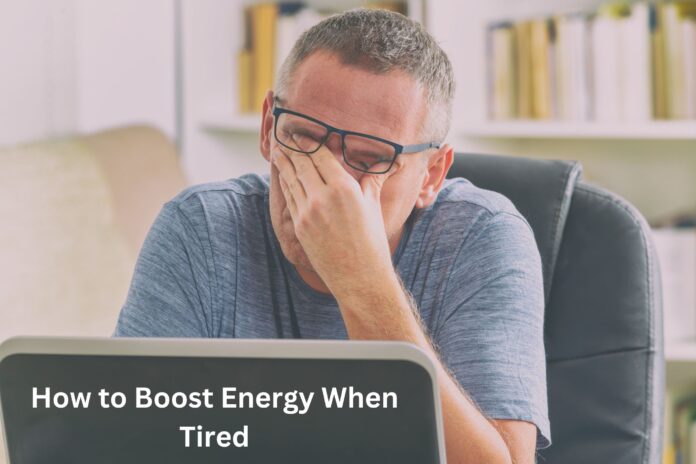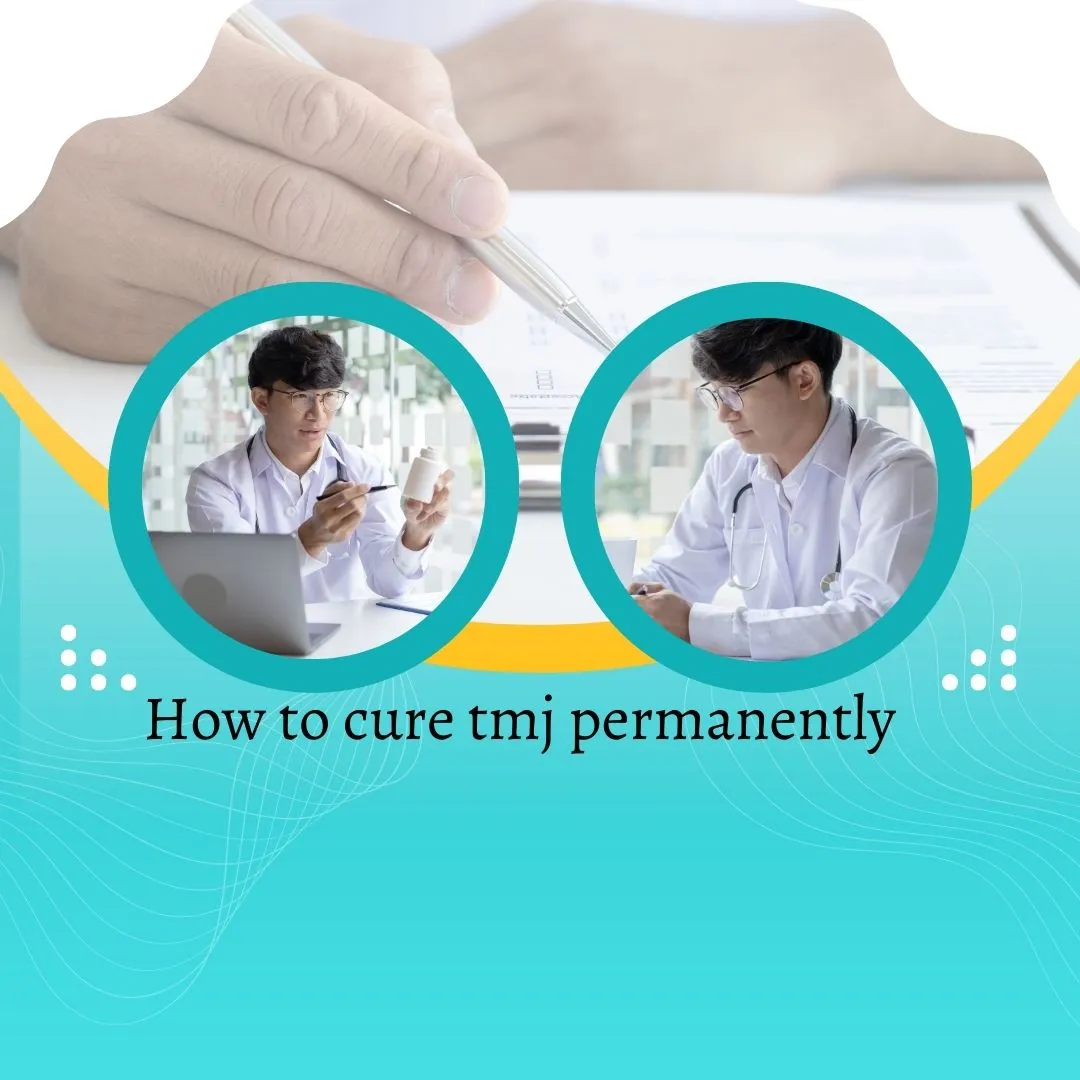Feeling tired and lacking energy can hinder our productivity and overall well-being. Whether it’s due to a busy schedule, insufficient rest, or daily challenges, low energy levels are a common struggle. Fortunately, there are practical strategies to boost your energy and rejuvenate yourself. In this article, we will explore some effective methods on how to boost energy when tired to combat fatigue and revitalize your energy levels.
How To Boost Energy When Tired?
Eat often to beat tiredness
Eating regular, well-balanced meals and snacks throughout the day can help combat tiredness and maintain steady energy levels. Focus on incorporating a combination of complex carbohydrates, lean proteins, and healthy fats into your meals. Complex carbohydrates, such as whole grains and fruits, provide a slow release of energy, while proteins and fats help sustain it. Avoid relying on sugary or processed foods, as they can lead to energy crashes. Instead, opt for nutrient-rich options like fruits, vegetables, nuts, and whole grains to keep your energy levels stable.
Get moving
Physical activity is a powerful way to boost your energy levels. Engaging in regular exercise increases blood flow and oxygen delivery to your muscles and organs, resulting in increased energy and alertness. Aim for at least 30 minutes of moderate-intensity exercise most days of the week. Choose activities you enjoy, such as brisk walking, jogging, cycling, or dancing. If you find it difficult to carve out a dedicated workout session, incorporate more movement into your daily routine by taking the stairs instead of the elevator or going for short walks during breaks.
Lose weight to gain energy
If you are carrying excess weight, losing it can significantly improve your energy levels. Excess weight puts additional strain on your body, making you feel tired and sluggish. Incorporate a healthy, balanced diet and regular exercise into your routine to achieve gradual, sustainable weight loss. For personalised advice and guidance, consult a healthcare professional or registered dietitian. They can provide tailored recommendations to optimise your health and energy levels.
Sleep well
Quality sleep is essential for replenishing your energy levels. Aim for 7-9 hours of uninterrupted sleep each night. Establish a consistent sleep schedule, create a calming bedtime routine, and optimize your sleep environment by keeping it dark, quiet, and cool. To improve sleep quality, avoid using electronic devices before bed as their blue light can disrupt sleep. If you have persistent sleep issues, seek guidance from a healthcare professional.
Reduce stress to boost energy
Chronic stress can drain your energy levels over time. Implement stress-management techniques such as mindfulness meditation, deep breathing exercises, yoga, or engaging in hobbies you enjoy. Prioritize self-care activities, set boundaries, and learn to delegate tasks when possible. Taking breaks throughout the day to relax and recharge can also help combat stress and boost your energy.
Talking therapy beats fatigue
Engaging in therapy or counseling can be beneficial if fatigue is impacting your daily life. Therapy can help you explore underlying factors contributing to your fatigue, develop coping strategies, and improve overall well-being. A licensed therapist or counselor can guide you through this process and provide support tailored to your specific needs.
Cut out caffeine
While caffeine can provide a temporary energy boost, relying on it long-term can disrupt your sleep and lead to energy crashes. Consider reducing your caffeine intake or limiting it to earlier in the day. Gradually decrease your consumption to avoid withdrawal symptoms.
Drink less alcohol
Alcohol can negatively affect your sleep quality, leading to fatigue and decreased energy levels. Limit your alcohol intake, especially before bedtime, and try to incorporate alcohol-free days into your week. Opt for healthier alternatives like water, herbal tea, or natural fruit juices to stay hydrated and energised.
FAQ
Q1: How does eating frequently help in beating tiredness?
Ans: Eating regular meals and snacks maintains steady energy levels by providing essential nutrients and preventing energy crashes.
Q2: What are the benefits of regular physical activity for boosting energy?
Ans: Engaging in exercise increases blood flow, oxygen delivery, and alertness, resulting in higher energy levels.
Q3: How does losing weight contribute to increased energy?
Ans: Losing excess weight reduces strain on the body, leading to improved energy levels and overall vitality.
Q4: How does quality sleep impact energy levels?
Ans: Getting sufficient, uninterrupted sleep allows the body to restore energy levels, promoting alertness and productivity.
Q5: How does reducing stress help in boosting energy?
Ans: Managing stress through techniques like meditation and self-care activities prevents energy depletion caused by chronic stress.








